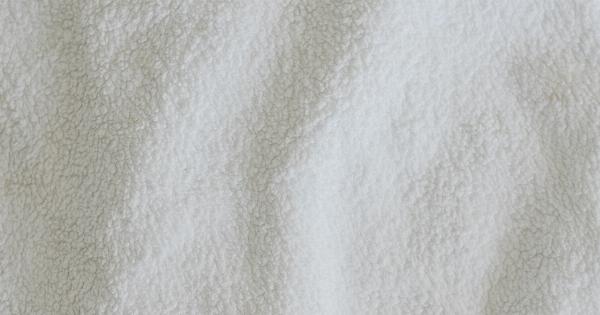White or gray hair is a natural part of the aging process. While some people embrace their silver strands, others may prefer to pluck them out.
However, the question arises – is plucking white hair safe? In this article, we will delve into the topic and explore the effects, risks, and alternatives when it comes to plucking white hair.
Understanding White Hair
Before we discuss the safety concerns of plucking white hair, it is essential to understand why hair turns white. The color of our hair is dependent on a pigment called melanin, produced by specialized cells called melanocytes.
As we age, the melanocytes gradually produce less melanin, resulting in hair appearing gray or white.
White or gray hair can also occur prematurely due to various factors such as genetics, stress, environmental factors, and medical conditions. Understanding the underlying causes can help determine whether plucking white hair is safe or not.
The Risks of Plucking White Hair
While plucking white hair may seem like a harmless act, it is important to consider the potential risks involved:.
1. Infection
Plucking hair can create tiny open wounds on the scalp, leaving it susceptible to infection. Bacteria may enter the follicles and cause inflammation or even folliculitis, leading to swelling, redness, and pustules.
2. Ingrown Hair
Plucking hair can disrupt the hair follicle, causing the new hair to grow irregularly or become trapped beneath the skin. This results in the formation of painful and unsightly ingrown hairs.
3. Hair Damage
Repeatedly plucking hair can damage and weaken the hair follicles. This may lead to hair thinning or even permanent hair loss in the plucked areas.
4. Stimulating Gray Hair Growth
Some theories suggest that plucking hair may cause the scalp to overreact and produce more gray or white hairs in response to the trauma. While scientific evidence supporting this theory is limited, it is a possibility worth considering.
Alternatives to Plucking White Hair
If plucking white hair may pose potential risks, what are the alternatives? Here are some alternatives to consider:.
1. Embrace Your Gray Hair
Instead of plucking white hair, consider embracing your gray or white strands. Many people find their natural silver hair to be a distinguished and attractive feature.
2. Hair Dye
If the presence of white hair bothers you, consider using hair dye to cover or blend them with your natural hair color. However, make sure to choose safe and natural hair dye products to avoid any adverse effects.
3. Trimming
If you have only a few white hairs, consider trimming them instead of plucking. Trimming ensures that the hair remains intact without causing any damage to the follicles.
4. Camouflage Techniques
There are various camouflage techniques and products available in the market to temporarily conceal white or gray hair. These include sprays, powders, and hair mascaras that can effectively mask the silver strands without any risk.
The Bottom Line
While plucking white hair may be a common practice, it is not without its risks.
The potential dangers of infection, ingrown hairs, hair damage, and increased gray hair growth make it advisable to seek alternative methods such as embracing your gray hair, using safe hair dyes, trimming, or utilizing camouflage techniques.
As with any beauty or grooming practice, it is important to weigh the pros and cons before making a decision. Consulting with a hair care professional or a dermatologist can provide personalized advice based on your specific hair and scalp condition.



























